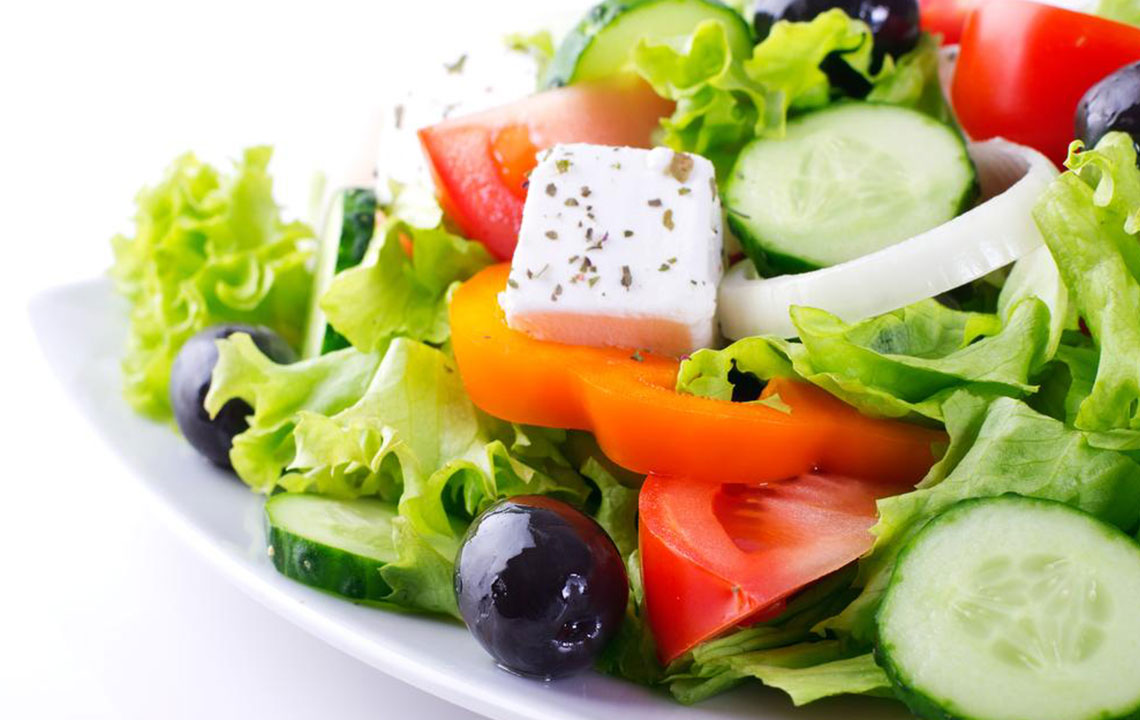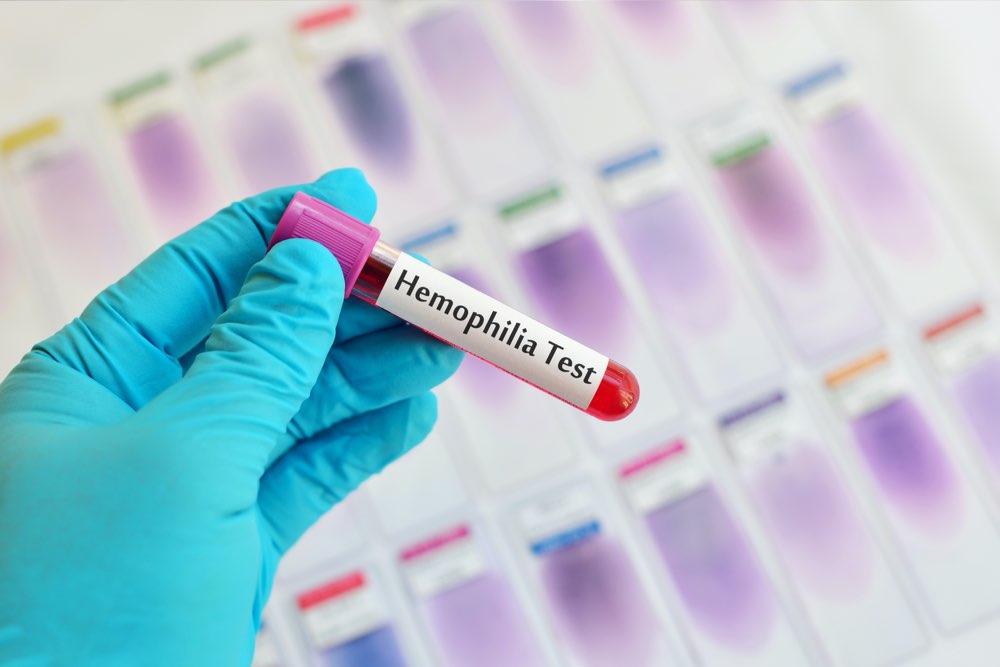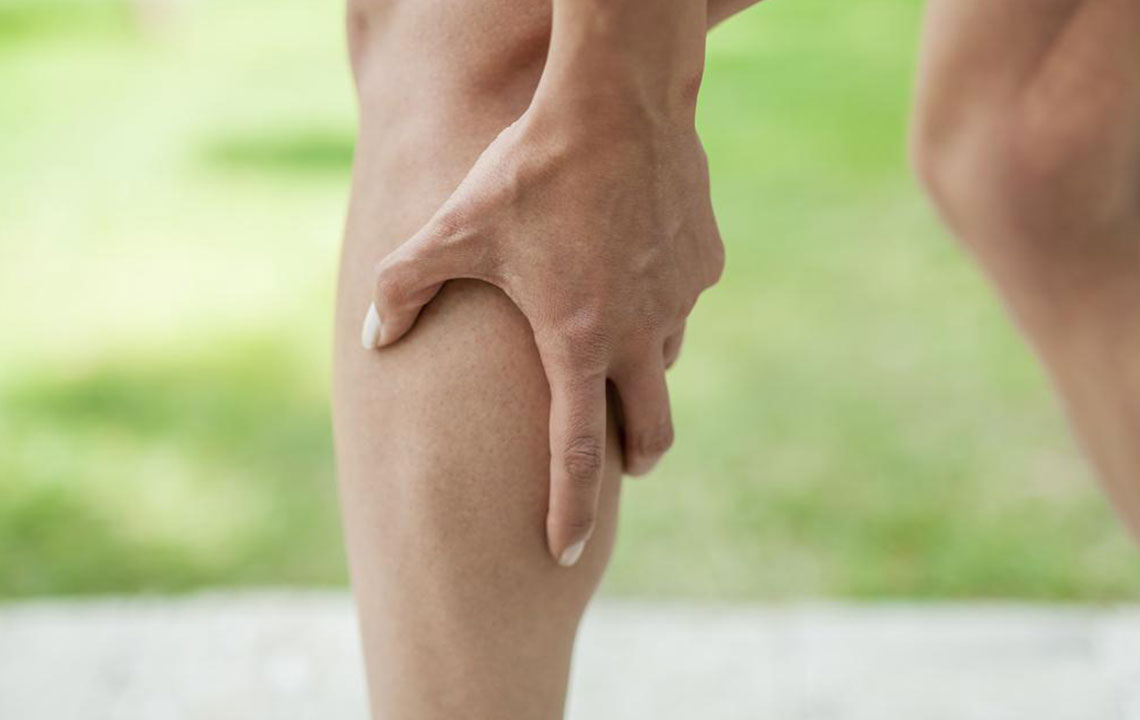Essential Nutritional Guidelines for Women's Healthy Eating
This article provides comprehensive dietary recommendations tailored for women's health, emphasizing nutrient-rich foods like calcium, iron, magnesium, and folate. It highlights the importance of balancing food intake, avoiding excess calorie-dense options, and adjusting diet according to life stages such as pregnancy and menopause. By following these guidelines, women can improve their overall health, maintain strong bones, support hormonal health, and prevent common deficiencies.

Essential Nutritional Guidelines for Women's Healthy Eating
Maintaining a balanced diet is crucial for everyone's well-being. Nutrients from various foods are absorbed during digestion to support bodily functions. Women, in particular, need a nutritious diet to adapt to changes post-puberty, pregnancy, and lactation, which impact their health and that of their babies.
A proper diet enhances mood, fertility, alleviates PMS and menopause symptoms, strengthens bones, and supports pregnancy and breastfeeding phases.
Women experience hormonal shifts after puberty, requiring dietary adjustments to fill nutritional gaps. They need fewer calories but higher levels of vitamins and minerals compared to men, especially during menstruation, pregnancy, and menopause, which increase the risk of anemia and osteoporosis. Nutrients like folates, calcium, iron, magnesium, and vitamin D should be included daily.
Foods beneficial for women encompass various essential nutrients:
Calcium Sources
Calcium is vital for teeth and bone health, as well as for supporting the nervous and cardiovascular systems. Deficiency can lead to sleep issues, depression, and irritability, while insufficient calcium prompts the body to deminer-alize bones, risking osteoporosis. Women should aim for about 1000 mg daily, increasing to 1200 mg after age 50. Include leafy greens, dairy, fish, tofu, and cabbage in your diet.
Vitamin D
To optimize calcium absorption, women should consume vitamin-D-rich foods and get sunlight exposure for about 30 minutes daily. Sources include eggs, seafood like salmon and shrimp, fortified milk, and cod liver oil.
Magnesium
Magnesium aids calcium metabolism and absorption, preventing calcium deficiency. Foods like broccoli, celery, seeds, green beans, and fish such as halibut are excellent sources.
Iron
Women require more iron owing to blood loss during menstruation and pregnancy. Inadequate intake can cause weakness, breathlessness, and mood disturbances. Iron-rich foods include lean meats, nuts, cereals, beans, and leafy greens.
Folate
Folates or vitamin B9 are necessary for pregnant women to reduce birth defect risks. They also support heart health and mood regulation. Sources include legumes, green vegetables, fruits, and nuts.
Foods to Limit
The ideal diet minimizes calorie-dense foods to prevent weight gain. Avoid sugary beverages, sweets, fried foods, and saturated fats. Opt for low-fat dairy and moderate alcohol consumption to maintain health.
Note:
While our articles provide valuable insights, they should not replace professional medical advice. We strive to offer accurate information but cannot guarantee correctness or comprehensiveness. Always consult healthcare providers for personalized health guidance and be mindful of available programmes or offers that suit your needs.










